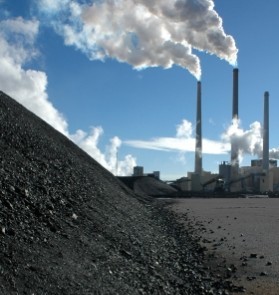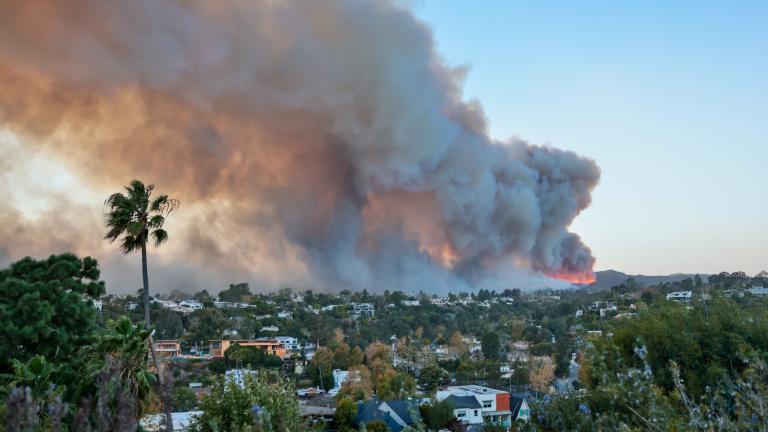
The stuff fortunes were made of.
Tallying the predictions of energy industry executives is an interesting exercise. Like any dominant business sector, the energy industry’s predictive powers are limited by one key damper: a blindness to change that might undermine their dominance.
But we have an opportunity to look through their tinted shades. Each year, the consulting firm Black & Veatch asks utility executives for their predictions on how the field will evolve. Highlights from the survey:
- The percentage of respondents who think coal has a future in our energy supply dropped from 81.5 to 60 percent over the last year.
- But utility prices will keep going up, because government.
- The execs see economic opportunity in renewable energy and technologies, even predicting that 7 percent of the country’s electricity in 2025 will go to electric vehicles.
- Utility companies aren’t rolling out smart-grid programs — despite the advantages — because customers aren’t well informed about them.
- The industry is worried about water availability for its cooling systems. See: Texas. Where the water went is, of course, anyone’s guess. Probably the sun’s rotation or something, maybe.
That first data point is remarkable. These are executives of companies who stand astride the business world, sitting atop a massive pyramid of success. People in such positions usually only recognize the path they took to the top — and they usually pooh-pooh other pyramids being built around them as insubstantial, doomed to fail. After all, the landscape is littered with abandoned, miniature pyramids.
The pyramids these executives are sitting on are black with coal — so their recognition that coal’s era has ended indicates acceptance that their dominance may also be ending. That’s a difficult moment for an established business. Here, it’s enmeshed with the increased faith in renewable energy: If utility companies think they can turn a profit from renewables, they’ll be more willing to accept that the profits earned with coal are evaporating. But they still blame the pesky, know-it-all government and its regulations for utility price increases. Which is partly warranted: Coal has been artificially cheap for a long time; new pollution standards that make coal pay for its health effects are just one effort to fix that problem. Government (aiming to save 11,000 lives a year) is pushing these companies from behind; renewable opportunities are pulling them forward.
Two other things to note: First, the water problem is a big one — and is largely due to climate change that the power plants themselves contributed to, of course. The New York Times notes that, in addition to making water scarce, global warming will warm existing bodies of water used to cool power plants — meaning they’ll be less efficient in power production. Second: Too bad consumers aren’t educated about smart grids and meters. If only the utility companies were in regular communication with them and could provide some material to address that! But they aren’t, I assume.
The world is moving forward. Seems like maybe utility companies are starting to, as well. Pyramids on wheels.




